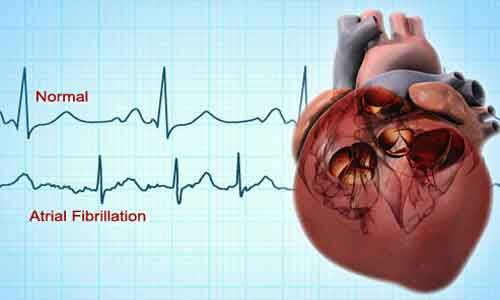- Home
- Medical news & Guidelines
- Anesthesiology
- Cardiology and CTVS
- Critical Care
- Dentistry
- Dermatology
- Diabetes and Endocrinology
- ENT
- Gastroenterology
- Medicine
- Nephrology
- Neurology
- Obstretics-Gynaecology
- Oncology
- Ophthalmology
- Orthopaedics
- Pediatrics-Neonatology
- Psychiatry
- Pulmonology
- Radiology
- Surgery
- Urology
- Laboratory Medicine
- Diet
- Nursing
- Paramedical
- Physiotherapy
- Health news
- Fact Check
- Bone Health Fact Check
- Brain Health Fact Check
- Cancer Related Fact Check
- Child Care Fact Check
- Dental and oral health fact check
- Diabetes and metabolic health fact check
- Diet and Nutrition Fact Check
- Eye and ENT Care Fact Check
- Fitness fact check
- Gut health fact check
- Heart health fact check
- Kidney health fact check
- Medical education fact check
- Men's health fact check
- Respiratory fact check
- Skin and hair care fact check
- Vaccine and Immunization fact check
- Women's health fact check
- AYUSH
- State News
- Andaman and Nicobar Islands
- Andhra Pradesh
- Arunachal Pradesh
- Assam
- Bihar
- Chandigarh
- Chattisgarh
- Dadra and Nagar Haveli
- Daman and Diu
- Delhi
- Goa
- Gujarat
- Haryana
- Himachal Pradesh
- Jammu & Kashmir
- Jharkhand
- Karnataka
- Kerala
- Ladakh
- Lakshadweep
- Madhya Pradesh
- Maharashtra
- Manipur
- Meghalaya
- Mizoram
- Nagaland
- Odisha
- Puducherry
- Punjab
- Rajasthan
- Sikkim
- Tamil Nadu
- Telangana
- Tripura
- Uttar Pradesh
- Uttrakhand
- West Bengal
- Medical Education
- Industry
Atrial fibrillation screening beneficial in elderly: STROKESTOP Trial

Sweden: Population-based screening for atrial fibrillation (AF) may reduce the risk of hemorrhagic and ischemic stroke, systemic embolism, and death leading to a significant net clinical benefit, finds a recent study.
The results, presented at the European Heart Rhythm Association (EHRA) Congress 2021 by Emma Svennberg, Karolinska Institute, Danderyd Hospital, Sweden, are from a systematic atrial fibrillation screening study including almost 28,000 elderly people.
Prior to this study, it was known that AF patients are at 5-times increased risk of ischaemic stroke and 10% of stroke patients have undetected atrial fibrillation, leading to 1.5-3-fold increased death risk. Death and ischemic stroke risk can be reduced when AF is diagnosed and patients receive treatment with oral anticoagulants.
The STROKESTOP study aimed to evaluate whether early detection and treatment of AF can reduce the ischemic stroke and death risk without an excess bleeding risk.
The study included all resident aged 75 and 76 years in two Swedish regions. They were randomized in the ratio 1:1 to screening (n=13,979) and a control group (n=13,996) and followed for a period of 5 years. The combined primary endpoint was ischaemic stroke or systemic thromboembolism, all-cause mortality, and severe bleeding. Subjects invited for screening were initially examined via single-lead ECG and followed up systematically.
Key findings of the study include:
- There was a small but statistically significant favourable outcome in the screening arm.
- Evaluation of the pre-defined secondary endpoint, the as-treated analysis, showed a significantly better outcome than controls or non-participants.
- The participants were overall healthier than non-participants and so this result has to be viewed with caution.
"Our findings showed that the population-based screening for AF provided a net clinical benefit in an elderly population," concluded Dr Svennberg.
Reference:
STROKESTOP: Benefits of systematic screening for atrial fibrillation
Dr Kamal Kant Kohli-MBBS, DTCD- a chest specialist with more than 30 years of practice and a flair for writing clinical articles, Dr Kamal Kant Kohli joined Medical Dialogues as a Chief Editor of Medical News. Besides writing articles, as an editor, he proofreads and verifies all the medical content published on Medical Dialogues including those coming from journals, studies,medical conferences,guidelines etc. Email: drkohli@medicaldialogues.in. Contact no. 011-43720751


